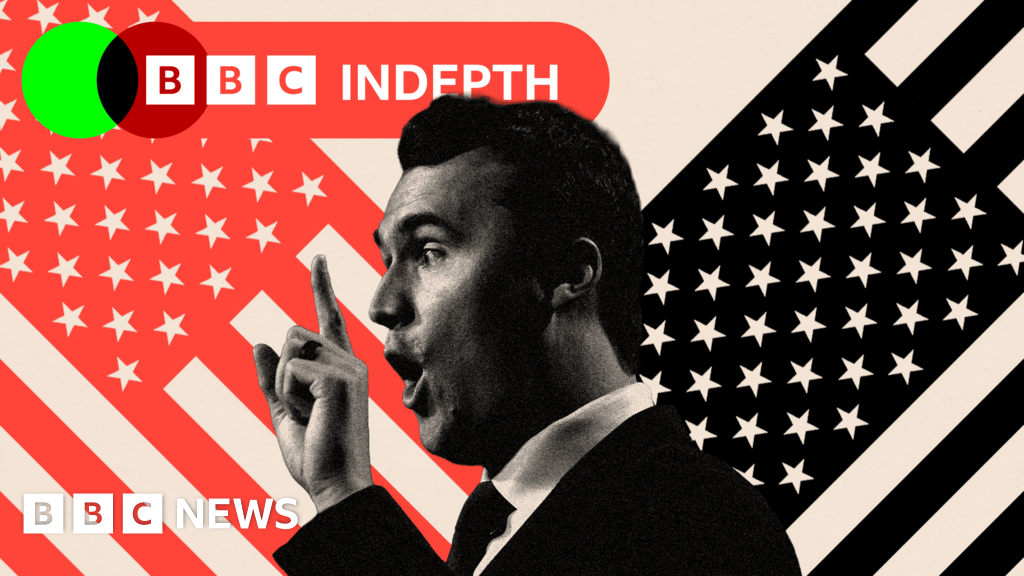Charlie Kirk Assassination: US Plunges Deeper into Political Division, Leaders Clash on Path Forward
Charlie Kirk Assassination: US Plunges Deeper into Political Division, Leaders Clash on Path Forward

The United States finds itself at a perilous juncture following the assassination of Charlie Kirk, an event that has intensified existing political divisions and sparked urgent calls for national unity. In the wake of what many are calling one of the most searing political killings in US history, Utah Governor Spencer Cox appealed to Americans to de-escalate political tensions. However, widespread sentiment suggests the nation is unlikely to embrace reconciliation anytime soon, with historical precedents showing a pattern of deepened polarization after tragedies.
Within days of Kirk’s death, the country’s political factions swiftly retreated to opposing narratives. While some on the left explore potential radicalization through internet subcultures, many on the right investigate theories of a left-wing conspiracy. This immediate fracturing underscores a systemic issue, where incentives in American political life and media often reward extreme rhetoric over compromise, a dynamic Governor Cox attributes significantly to social media. He stated that social media has played a “direct role in every single assassination and assassination attempt” in recent years, calling its impact a “cancer” on society.
The debate over social media’s influence has drawn prominent figures, including Elon Musk, who controversially claimed the “radical left celebrated the cold-blooded murder of Charlie Kirk,” while also defending the platform as a space for discussion. Meanwhile, President Trump adopted a starkly different tone from Governor Cox, asserting that “radical left political violence has hurt too many innocent people,” and pledging to “identify, disrupt, dismantle and destroy these networks” in Kirk’s name. This framing by the President, echoed by his administration, further highlights the chasm in political responses.
Experts on extremism suggest that focusing on “ungovernability” might be more useful than traditional left-right divisions. The path to reconciliation remains unclear, requiring leadership of immense strength and a commitment to bridging divides that appears elusive in the current climate. As the nation grapples with this latest tragedy, the question of whether it can break free from the algorithms that fuel its divisions remains unanswered, threatening to weaken the United States from within.
Disclaimer: This content is aggregated from public sources online. Please verify information independently. If you believe your rights have been infringed, contact us for removal.